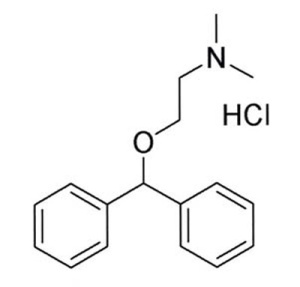Fleas are also out in full force, and those little bugs can transmit Bubonic plague to humans. The Plague sounds like an ancient disease – and, in fact, did kill over 50 million people in the 14thcentury – but it is still active today. Over 650 people year contract it and 100 of them die each year from the bacteria.
Even though they spread the diseases, the health of the ticks and fleas are not impacted. That which harms humans does not bother the bugs, thus, it allows for perpetuation without negative consequences to the host carrier.
I think about the parallels between fleas and ticks and the parasites who infect the culture of an organization. Often, they are tiny and inconspicuous – you may need to aggressively ferret them out to find them, but their small bites do tremendous harm to the organism. There is treatment, but no cure, and even with treatment the impact lasts for many months. Initially, you may think your actions have eradicated the problem, but it often lingers.
Just as you need to be diligent about watching for ticks and fleas and properly extracting them when found on your clothing, so it is true with the gossip-spreaders and negative-energy infectors in your organization. They may be small, but do not underestimate how debilitating their bite can be – even when you don’t notice it has happened.
Source: Wikipedia

